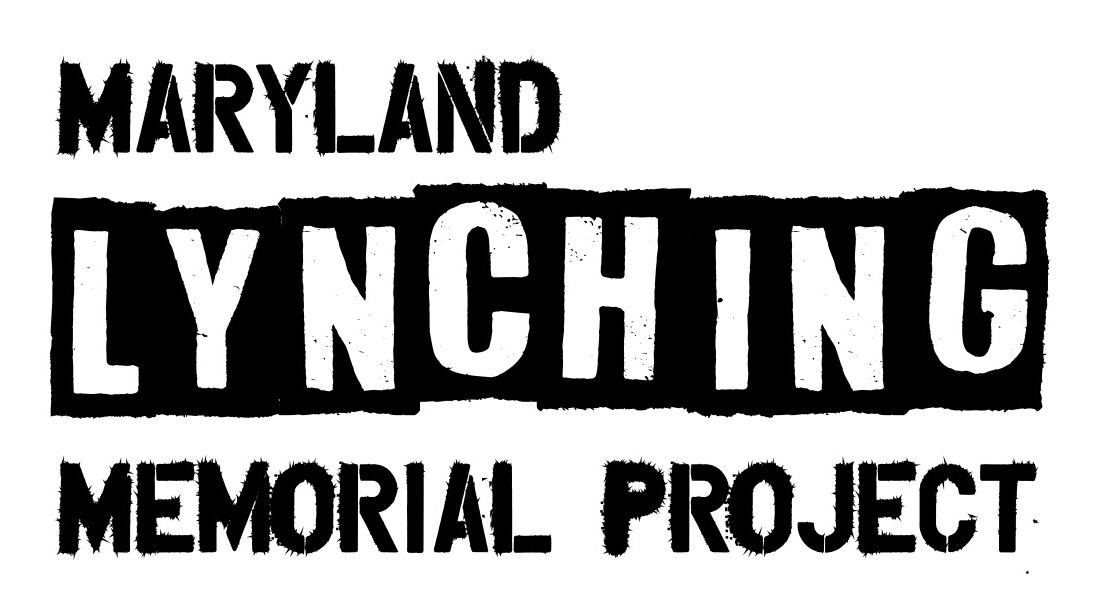Michelle St. Pierre, continued
Q: Do you think the exercise has more meaning because of the local connection and Cooper’s age? How have the students responded to that?
MSP: I do believe that this project has been more personal for the students, due to the local connection. In an age where everything is accessible from their devices, it has also made history impersonal. My students are also removed from a time period of segregation, but with the Black Lives Matter movement and calls for renewed equal justice this local story is now personal and real for them.
Q: Why do you think it’s important to recognize this incident in this class?
MSP: Lynching is a narrative that is often overlooked because of it’s controversial and difficult subject matter. However, it is that issue and more that makes it all the more necessary to provide education to our modern students of the history of racial inequality and terror that is a part of the fabric of American history and culture. These middle school students are at an age where self-expression is of primary importance and they feel injustice keenly and want to be part of the changing narrative of equality in our nation.
Q: Are eighth graders equipped emotionally to process the abject cruelty of the incidents they are investigating?
MSP: Addressing emotionally charged subject matter is difficult and should not be done without deliberate thought and context; however, history is dark and messy at times and needs to be explored with the support of instructional leaders trained to provide guidance, context, and emotional support.
Q: What do you think your students are getting out of this exercise and how do you think the community benefits?
MSP: These students feel the responsibility of illuminating light on this difficult history. They are not looking it as a story of the past, but one that they will continue to share and make connections to present day events. They have gone beyond the story and injustice of Howard Cooper, but to other lynching and racial terror victims. They believe that their continued telling of the story will initiate change.
Coming Soon!
EJI Racial Justice Essay Contest
An important element of the historical marker projects sponsored by the Equal Justice Initiative (EJI) is a Racial Justice Essay Contest for public high school students in the county where the marker is being installed.
EJI designs a customized web page for the county contest and suggests a specific prompt to which students respond. The judging is done by EJI and winners are announced at the marker installation ceremony. EJI provides a total of $6,000 in college scholarships to the top entrants. The overall winner will read the first place essay at the ceremony.
Details of the Baltimore County Racial Justice Essay Contest will be revealed soon. Watch this space!
racial justice essay contest winner madison medley (then of meade high school) is flanked by connecting the dots: Anne Arundel County co-chairs Jennifer haber and monica lindsey at the historical marker installation ceremony in annapolis in september, 2019.


